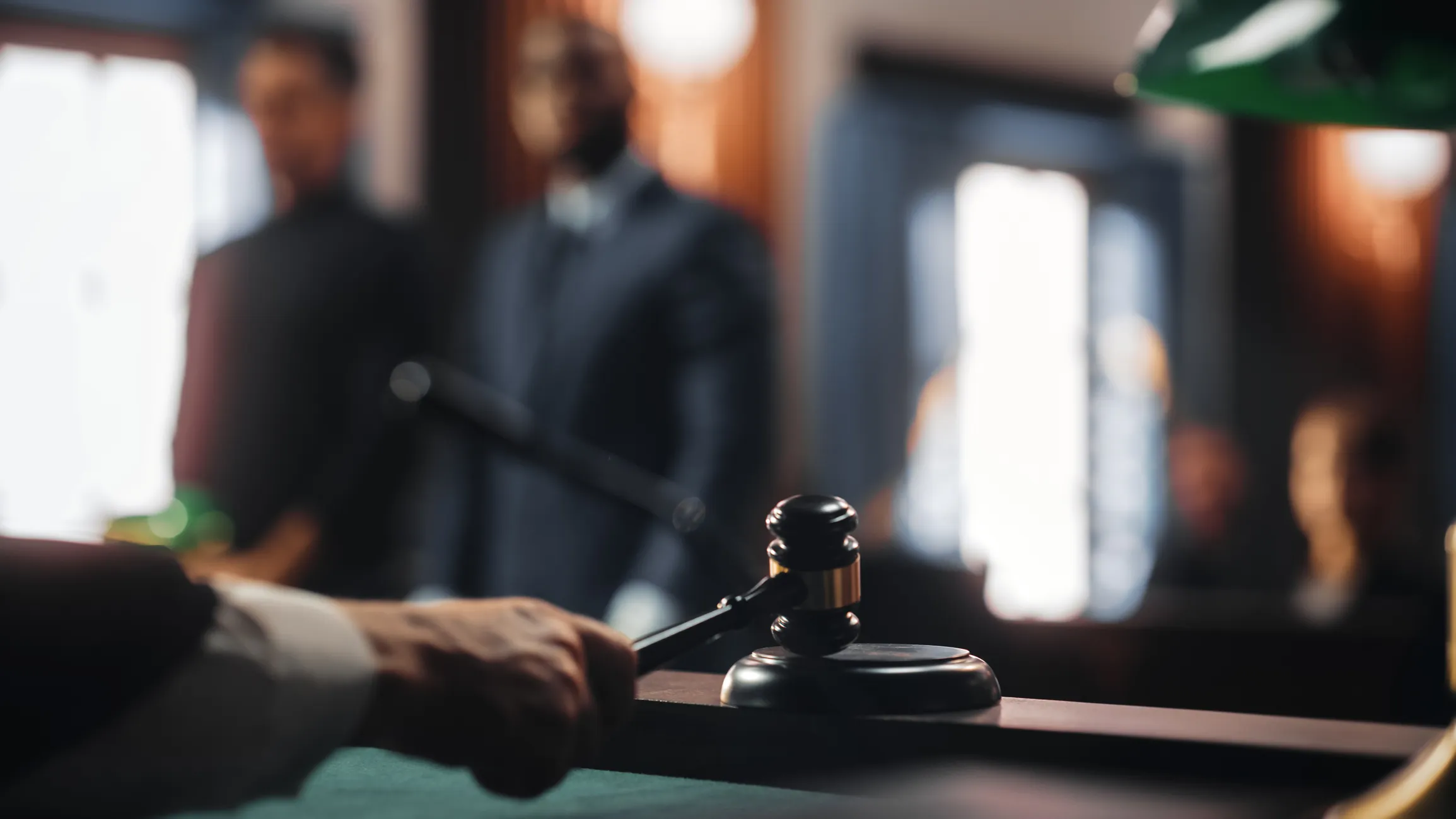Deposition vs. testimony: What’s the difference?
Personal Injury - October 10, 2023
You must understand the terms “deposition” and “testimony” if your case proceeds to trial.
To ensure you are building the most robust case, it helps to work with experienced Chicago personal injury attorneys like those at Horwitz, Horwitz & Associates.
What is a deposition?
A deposition is an interview to determine the facts of a legal matter. It’s usually conducted before a trial, and attorneys from both sides ask questions. Each attorney may object when they feel an inquiry is out of the scope of the case, but there’s no judge to make a ruling.
Depositions happen as part of the discovery phase of a personal injury trial. Discovery allows each attorney to adequately understand the facts of the case and prepare their side.
Depositions usually occur in an attorney’s office and are recorded for review. Information and evidence obtained in a deposition will frequently be used during the trial.
What is testimony?
The term testimony usually applies to questions during a trial. Witnesses are questioned by each side separately, with a judge presiding over the case to rule on any objections or points of order the attorneys might raise.
Testimony can be given by the plaintiff, defendant, eyewitnesses, and experts. Each side can prepare and call individuals to provide testimony supporting their side of a case.
How are depositions and testimony alike and different?
These interviews are alike because they occur under oath, and individuals are expected to tell the truth. The plaintiff, the defendant, and their attorneys are present.
They differ in important ways, including:
- Depositions are made before the trial, while testimony is given during the trial.
- Questions in a deposition are usually new, but you will be prepared for most questions in testimony.
- Depositions help you prepare for trial, and testimony supports your side during the trial.
Lawyers may ask similar questions during the deposition and the trial to demonstrate consistency or inconsistency in a witness’s statements. Showing how strong or weak a story is could be helpful, depending on the circumstances of the case.
How does my attorney protect me before and during my trial?
It’s unwise to go through trial alone. When you work with a skilled personal injury lawyer, you can trust that they will know how to prepare you for answering the questions that you face.
Your attorney can give you an excellent idea of what to expect, and they’ll listen closely for anything that breaks the rules or is out of the scope of the case. Your lawyer will fight to protect your rights and interests at all times.
Your personal injury attorney will also coach you on staying calm in the face of aggressive questioning by the other side during the trial.
How important are depositions and testimony?
They are critical during a lawsuit for getting details from the other side to prepare and try the case. In addition, most trials consist of hearing testimony from many different parties so the judge and jury can make a fair decision.
An accomplished personal injury lawyer uses depositions to determine who is liable and how strong the defendant’s case is. When we can show the defendant we have overwhelming evidence they are to blame, they often settle and avoid court.
Learn more about personal injury trial procedures from our team
Every case is unique and will take a customized combination of strategies to secure the best possible outcome. If you have more questions about how a personal injury case is handled in and out of court, contact our knowledge team of lawyers by calling (800) 985-1819 or using our contact form. We offer free case reviews to explain your legal options. Schedule your free consultation today.



